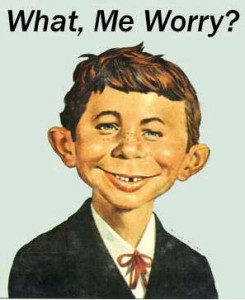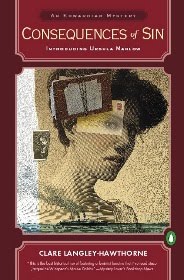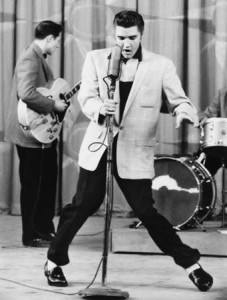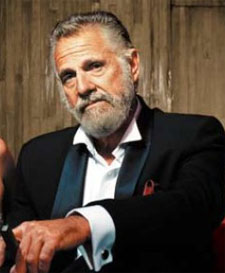In light of last week’s post about how “bleak” November seemed to many fiction writers, I thought I’d reflect a little on worry. Writers, after all, really have no cause to worry about anything, right?
I mean, putting aside anxiety over whether they’ll ever get an agent, get published, sell enough to stay published, or if they do get published will they get stink bomb reviews; or wondering if they are real writers or only massive frauds, or if they are doing too little self-promotion, or too much; concerns over whether they’re putting undue strain on their marriages or other close relationships; and getting migraines wondering what the future of publishing will look like – discounting all that, writers really have no reason to worry at all.
But, given that some do (I’ve actually met a few of them), I should like to offer two ways to deal with this mental malady: drugs and Bell’s MO (not to be confused with Phillips MO, which offers relief of another kind entirely).
First, drugs. Luckily for writers, pharmaceutical companies have been on the job to develop several treatments for all manner of writerly concerns. Among the most popular are:
Damitol – relieves symptoms associated with wanting to chuck the whole writing thing. Side effects may include cursing, smashing things and inordinate sobbing. Should not be taken by nursing mothers and church deacons.
Agenex – Controls blood pressure when you have to fire your agent. Side effects may include obsession with the number 15.
Bombasic – makes you think you’re charming when drunk (Hemingway reportedly was in a research group for this drug). Side effects may include social opprobrium, intense morning headaches and regret.
Tuborin – alerts you to long sections in your manuscript without conflict.
Promotia – help overcome depression when you discover how much your publisher is paying for marketing.
Noloft – take this if your book fails to make a bestseller list.
Paynaise – Prevents the onset of angst associated with two-figure royalty checks.
Ripitor – normalizes the nervous system after you’ve read a horrible review.
Okay, not everyone is into pharmaceuticals — and recreational drugs are definitely off limits — so I offer an alternative. Call this my own, personal modus operandi for dealing with writer worry. It will work for you if you follow these steps:
1. Take a moment to note the benefits of your worry. You are engaged. You are alive. You have blood coursing through your veins. You are not a chair.
2. Remind yourself of the truth handed down by a wise Jewish carpenter, who once said, “Who by worrying can add one cubit to his span of life?” IOW, worry does absolutely no good regarding future outcomes and you know that. Tell yourself over and over until it sinks in.
3. Now, figure out what’s the worst thing that can happen if you don’t get your desired result. Let’s say you’re waiting to hear about a submission to Penguin. What’s the worst? You get rejected by Penguin. That’s it. (Do not let your imagination run away with you. The very worst thing that can happen is that the acquisitions editor is so angry at your abuse of literature she hires a hit man to take you out. I mean, be reasonable).
4. Next, write down all the ways you can come back strong if the worst thing happens. You got rejected by Penguin. How do you come back from that? You can a) submit elsewhere; b) prepare another project; c) rework the current project according to feedback; d) schedule a talk with your agent; e) study some aspect of the craft you’re weak on. And so forth.
5. After going through steps 3 and 4, tell yourself that you can live with the worst thing. If it happens, it’s not going to debilitate you. It’s not going to stop you. Determine to accept the worst if it happens.
Shameless bonus tip: Read chapters 15 & 16 of The Art of War for Writers, which has more about conquering writer’s worry.
There is still one more step to go, to keep the worry from creeping back up on you. And that is – you know what’s coming –write.
Writing is the best antidote to any worries about writing. When you’re into the page, when the story is coming out, you haven’t got space for any of that anxiety stuff.
Write a short story. Write an opening chapter that you make up on the spot – and see if you have something here that sparks a novel. Write an essay or a diatribe. Start your memoirs. Write a blog entry or well thought out comment for someone else’s blog. Write a character biography.
Do writing exercises, like morning pages. Download Dr. Wicked’s reasonably priced Write or Die program, and then . . . write or die.
Life is too short, and your window for writing too narrow, for you to let worries hang you up. So don’t let them.
Is worry a big problem for you? How do you handle it? Feel free to leave an anonymous comment if you wish to be more open than your public persona is comfortable with.







 publishing industry when my first book came out. I would have definitely fought harder to change
publishing industry when my first book came out. I would have definitely fought harder to change 



